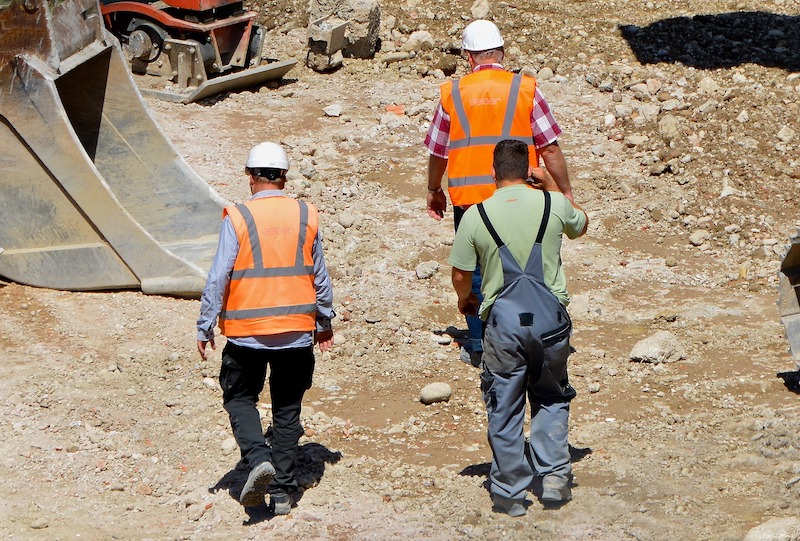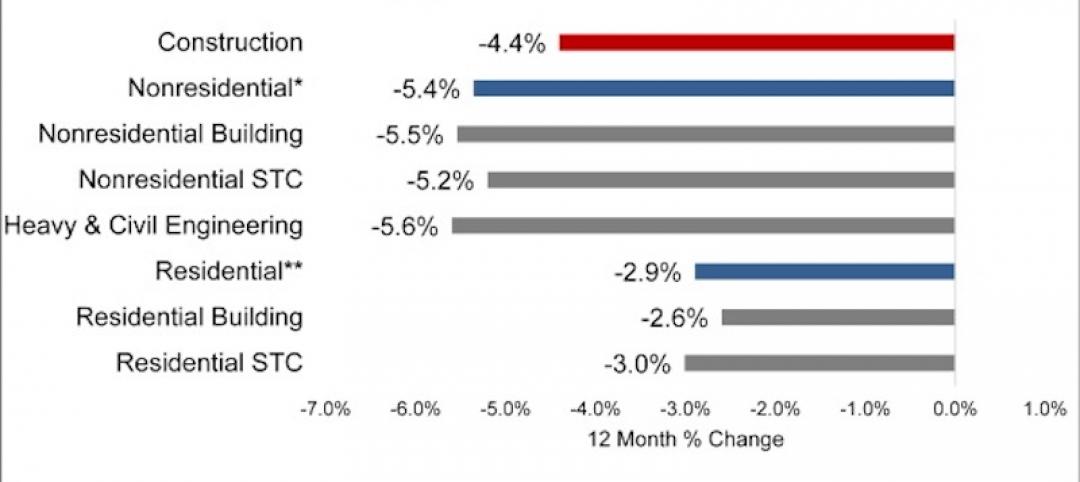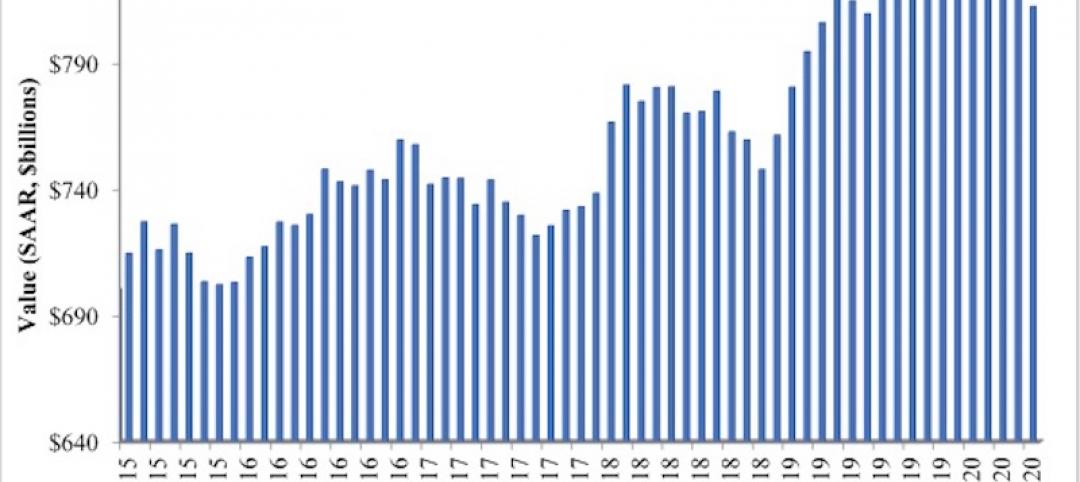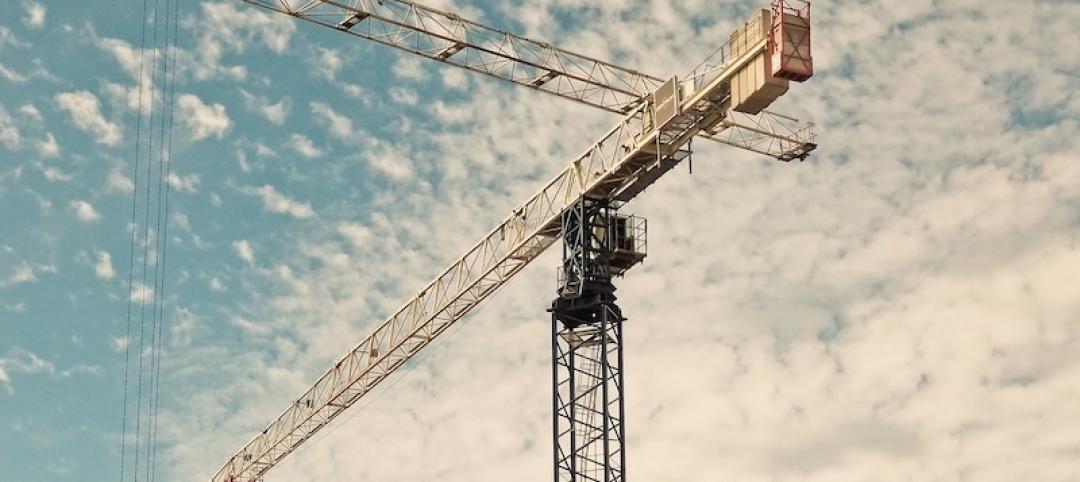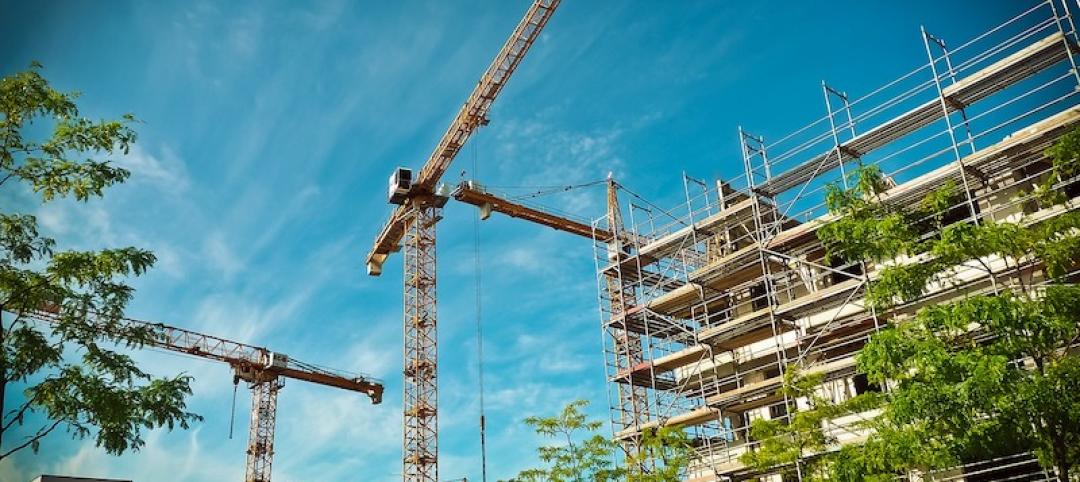A new survey by the Associated General Contractors of America and data from construction technology firm Procore show that construction activity is returning to pre-coronavirus levels in many parts of the country and some firms are adding workers. The new economic data, however, also shows some future projects are being canceled and many others are being delayed by supply chain issues and labor shortages, underscoring the need for additional federal recovery measures, association officials noted.
“Many of the immediate economic impacts of the coronavirus have passed and, as a result, activity and hiring are up, a bit,” said Ken Simonson, the association’s chief economist. “But while the immediate crisis appears to have passed, we are just now beginning to appreciate some of the longer-term impacts of the pandemic on the industry.”
Construction activity has returned to pre-coronavirus levels in 34 states, based on data on workers’ hours analyzed by Procore. And construction has returned to pre-coronavirus levels in Dallas and Miami, according to Procore’s data on 8 large metro areas. Meanwhile, the association’s survey found that only 8% of construction firms were forced to furlough or lay off workers in June while 21% report adding employees, compared to one-in-four firms letting workers go between March and May.
“But it is important to remember that construction activity typically increases quite a bit between March 1 and the end of May as the weather improves and more work gets underway,” Simonson commented. “Getting to March 1 levels is a sign of progress, but it doesn’t mean things are back to normal.”
Simonson added that the AGC survey and Procore’s data show the severe toll the pandemic took on the construction industry. For example, 61% of firms report having had at least one project halted or canceled because of the pandemic. One in four firms report that construction materials shortages, caused by lock downs and trade disruptions, are causing delays on current projects. Meanwhile, the Procore data found that smaller firms experienced more severe declines in construction activity during the pandemic than larger firms.
"We are living in a time when change seems to be the new norm, but something that will never change is the resilience of the construction industry,” said Kristopher Lengieza, Procore’s Senior Director of Business Development. “To date, a majority of states are experiencing levels of construction activity equal to, or in some cases, much higher than they reported prior to COVID-19.”
Simonson added that, moving forward, only 12% of firms report they plan to furlough or lay off staff over the next four weeks while 17% anticipate adding to their headcount during that time span. Yet even as more construction firms predict they will expand during the next several weeks, 42% do not expect demand will recover to normal levels for at least four months, and most of those firms expect recovery will take longer than six months.
Simonson noted that construction firms are counting on additional federal help to improve demand for construction and make it easier to return people to their payrolls. Fifty-five percent of firms report they are counting on Congress and the Trump administration to enact liability reform that protects firms that are complying with coronavirus safety protocols from litigation. And 33% are counting on Congress to boost infrastructure spending to offset declining private-sector demand.
Many firms are also hoping that Congress will not extend the unemployment supplement that is currently set to expire at the end of July. Notably, 34% of firms that called back employees who had been furloughed report having some personnel refuse to return to work because of those unemployment supplements. “Extending the supplement will only make it harder for more employers to bring people back onto payrolls,” Simonson cautioned.
“Without additional help from D.C., the few gains this industry has made during the past few weeks will likely be fleeting,” Simonson added. “That is why we will continue to push Congress and the Trump administration to enact the kind of long-term economic recovery measures this industry needs to truly rebound from the coronavirus.”
The association’s new survey is based on responses from over 630 firms collected between June 9 and 17. Procore’s data is based on the transactions logged via the company’s software by tens of thousands of construction firms across the country.
Click here for the association’s survey results and here for a video summary of the survey responses. Click here for Procore’s new construction data.
Related Stories
Market Data | Jul 7, 2020
Nonresidential construction has recovered 56% of jobs lost since March employment report
Nonresidential construction employment added 74,700 jobs on net in June.
Market Data | Jul 7, 2020
7 must reads for the AEC industry today: July 7, 2020
Construction industry adds 158,000 workers in June and mall owners open micro distribution hubs for e-commerce fulfillment.
Market Data | Jul 6, 2020
Nonresidential construction spending falls modestly in May
Private nonresidential spending declined 2.4% in May and public nonresidential construction spending increased 1.2%.
Market Data | Jul 6, 2020
Construction industry adds 158,000 workers in June but infrastructure jobs decline
Gains in June are concentrated in homebuilding as state and local governments postpone or cancel roads and other projects in face of looming budget deficits.
Market Data | Jul 6, 2020
5 must reads for the AEC industry today: July 6, 2020
Demand growth for mass timber components and office demand has increased as workers return.
Market Data | Jul 2, 2020
Fall in US construction spending in May shows weakness of country’s construction industry, says GlobalData
Dariana Tani, Economist at GlobalData, a leading data and analytics company, offers her view on the situation
Market Data | Jul 2, 2020
6 must reads for the AEC industry today: July 2, 2020
Construction spending declines 2.1% in May and how physical spaces may adapt to a post-COVID world.
Market Data | Jul 1, 2020
Construction spending declines 2.1% in May as drop in private work outweighs public pickup
Federal infrastructure measure can help offset private-sector demand that is likely to remain below pre-coronavirus levels amid economic uncertainty.
Market Data | Jul 1, 2020
7 must reads for the AEC industry today: July 1, 2020
Facebook to build $800 million data center and 329 metro areas added construction jobs in May.
Market Data | Jun 30, 2020
AIA releases strategies and illustrations for reducing risk of COVID-19 in senior living communities
Resources were developed as part of AIA’s “Reopening America: Strategies for Safer Buildings” initiative.


